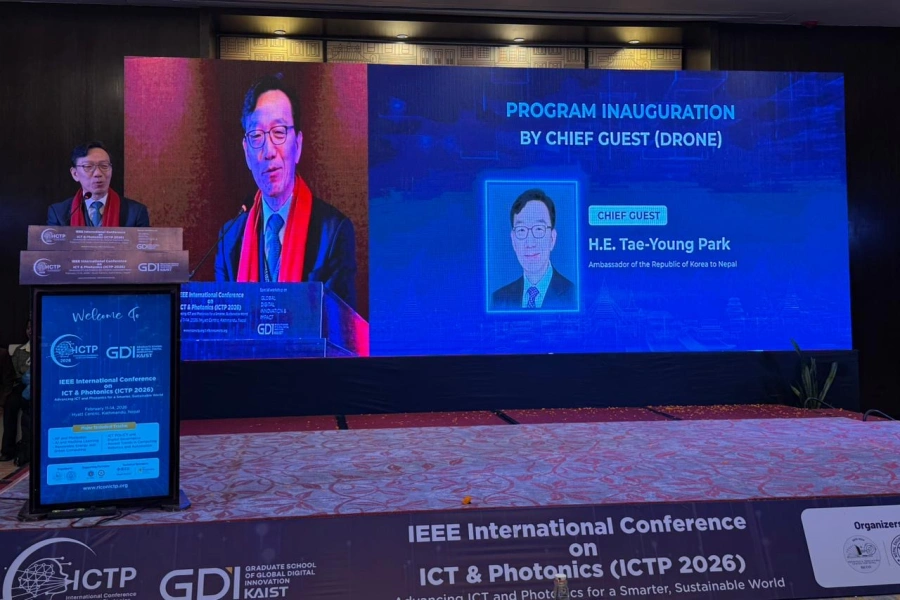As the public transport entrepreneurs launch their nationwide protest today pulling over 700,000 vehicles off the road, the country finds itself at a crossroads—caught between the demands of traditional transport entrepreneurs and the inevitable march of technology. The shutdown paralysed mobility for millions and created a climate of uncertainty. The strike led by a coalition of major transport organisations came in protest against the Private Vehicle Operation Regulations 2082 BS recently introduced by the Gandaki Province government. At the heart of the controversy is Section 2(j), which allows private red-plate vehicles to operate under ride-sharing models—something entrepreneurs argue contradicts with the Motor Vehicles Act 2049 BS. While the concerns of transport entrepreneurs are legitimate, the solution lies not in halting public services but in reforming outdated laws to keep pace with the changed realities. Technology has already transformed how people move. Given the hardships they face in public transport, many people now see ride-sharing services inevitable. Since these services are already here, operating with or without regulation, banning them is a step toward the opposite direction. The appropriate response is to formulate timely and coherent policies that balance both innovations with fairness.
There’s no denying the additional financial burden traditional transport entrepreneurs bear in terms of taxes. Unlike ride-share operators, taxi and bus owners pay significantly higher taxes and compliance costs to the government. A vehicle registered for taxi use can incur up to Rs 2 million more in taxes than its private counterpart. But striking against ride-sharing alone won’t resolve these issues. Indeed, the current impasse should serve as a wake-up call for the federal and provincial governments to expedite comprehensive legal reforms. The Motor Vehicles Act 2049 BS in many cases is redundant and outdated already. The government bodies concerned must address ambiguities, harmonise provincial and federal laws and introduce equitable taxation and regulation for all players-- both old and new—in view of the transformation seen in the people’s mobility. The additional demands of public transport entrepreneurs—ranging from the implementation of past agreements to the formation of a Transport Authority and revision of freight and insurance policies—are genuine and they deserve the government’s immediate attention and interventions. Many of these suggestions, such as the creation of an Accident Relief Fund and enforcement of weight limits, would improve safety, accountability and consumer protection.
Traffic police take action against 3,000+ riders in a single da...

However, these legitimate concerns of public transport entrepreneurs are shadowed when public interest is held hostage. The shutdown of public transportation has disproportionately affected tens of thousands of people who rely on affordable mobility. This has also threatened the jobs of over 1.5 million workers and caused severe inconveniences to millions of others. The agitating transport entrepreneurs must be cautious to the fact that protest should not worsen the hardship of the very public that they claim to serve. The resistance to ride-sharing is just one example of how there exists an inertia for change in Nepal-- not just in transport, but also in hospitality, retail and digital commerce. Attempting to block progress is both futile and counterproductive. Regulation, not resistance, is the way forward. The government must act now and ensure that both innovation and tradition find space to coexist, addressing the genuine concerns of public transport entrepreneurs. Only then can we move from a system strained by strikes to one steered by smart, sustainable solutions. Let this moment serve not as a setback, but as a stepping stone toward meaningful modernisation.









_20220112170555.JPG)

























